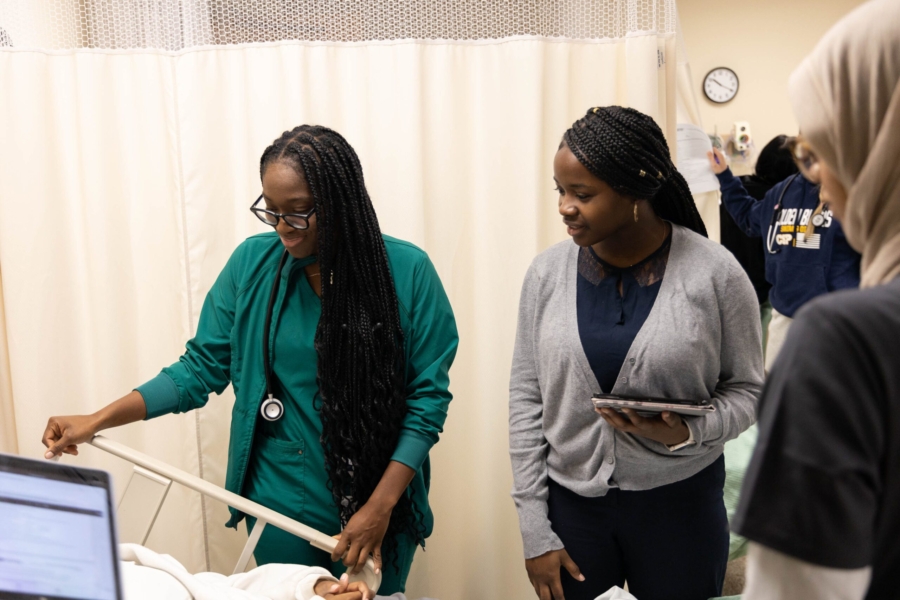
Concordia University, St. Paul is pleased to announce that the College of Nursing has been awarded the prestigious Commission on Collegiate Nursing Education (CCNE) accreditation for the next 10 years. The CCNE accreditation serves as a recognition of the quality and integrity of Concordia’s baccalaureate nursing program.
As a voluntary, self-regulatory process, CCNE accreditation supports and encourages continuing self-assessment by nursing programs and supports continuing growth and improvement of collegiate professional education and nurse residency/fellowship programs. By achieving this accreditation, Concordia University, St. Paul has demonstrated the baccalaureate degree program in nursing has demonstrated compliance with all standards and key elements.
“A ten year accreditation represents a monumental achievement on behalf of our faculty. I am so grateful for their efforts and know that their dedication to our CSP nursing students in both Minnesota and Oregon propelled them forward. With this accomplishment, our nursing faculty team can move our focus to the future of nursing at CSP,” said College of Nursing Dean, Dr. Hollie Caldwell.
The CCNE accreditation is an autonomous accrediting agency that contributes to the improvement of the public’s health. As an officially recognized national accreditation agency by the U.S. Secretary of Education, CCNE ensures the quality and integrity of nursing programs across the country. CCNE serves the public interest by assessing and identifying programs that engage in effective educational practices.
Concordia University, St. Paul is proud to receive this accreditation from CCNE, reaffirming the University’s dedication to delivering top-notch nursing education to meet the needs of today’s healthcare workforce. The College of Nursing and Concordia University St. Paul looks forward to preparing our nursing students for informed living, dedication to holistic and evidence-based nursing practice, and advocates for social justice who will improve health outcomes for diverse populations in the evolving global context of healthcare delivery.